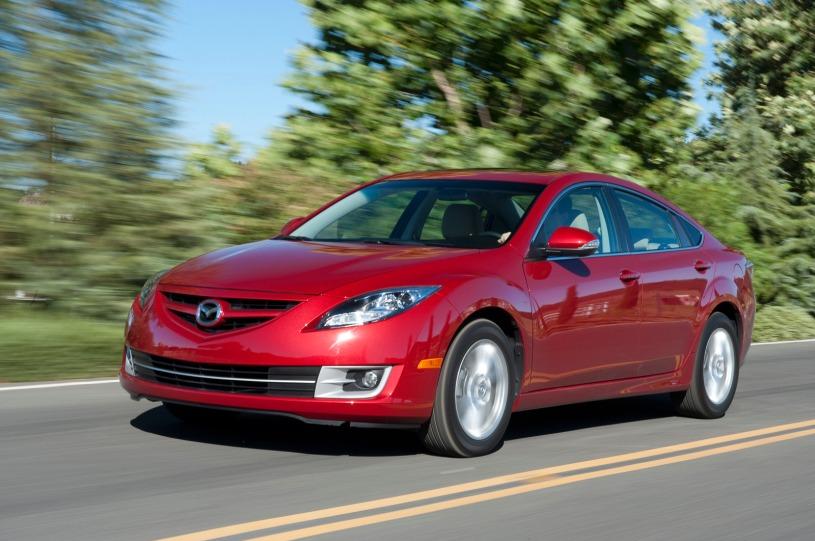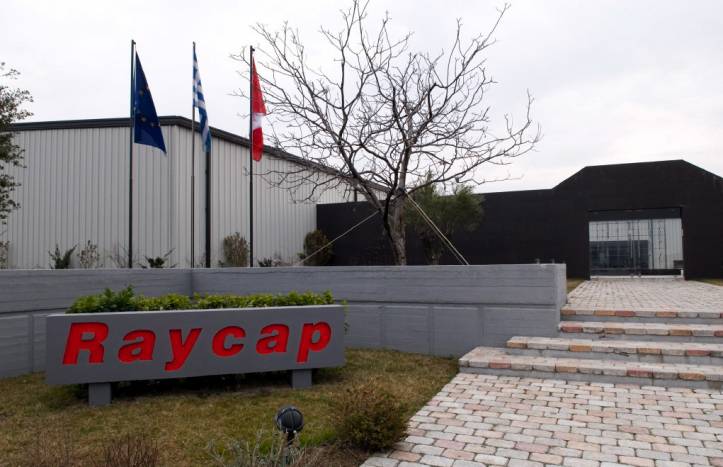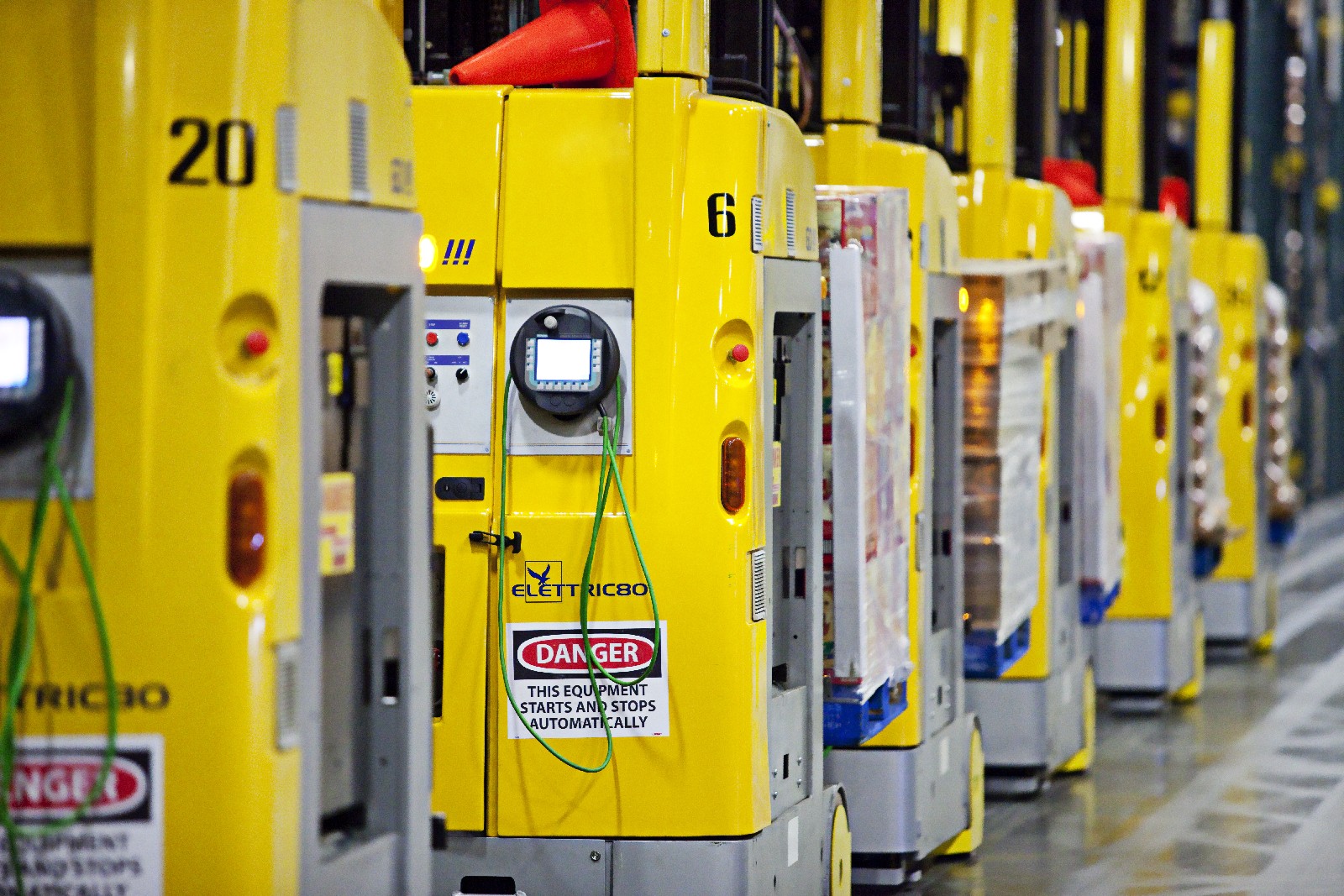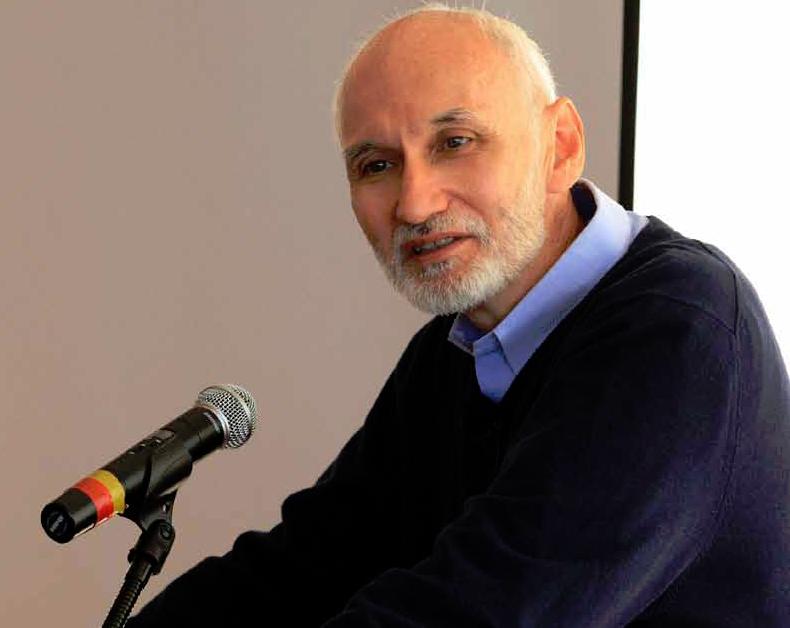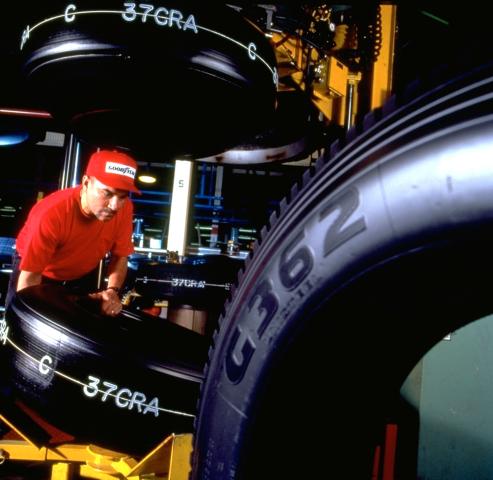
The Goodyear Tire & Rubber Company has agreed to sell its global wire business to Hyosung Corporation, a multinational corporation with substantial tire reinforcement operations, for $50 million.
The business manufactures tire reinforcement wire in Asheboro, North Carolina, and Colmar-Berg, Luxembourg, employing around 600 people.
Goodyear and Hyosung will also sign a multi-year supply agreement upon closing, which is expected to occur in the third quarter of 2011.






